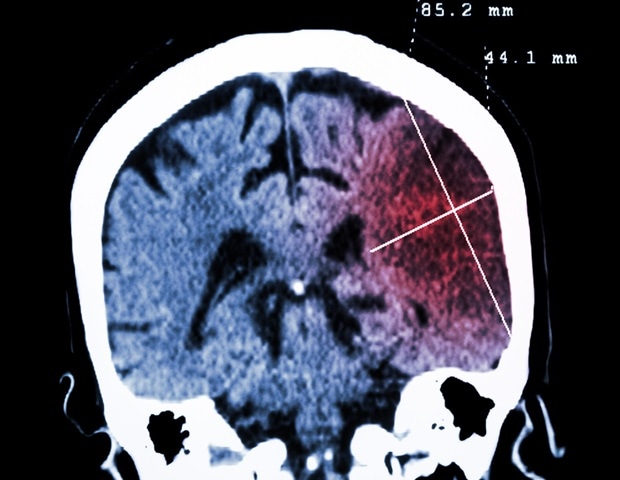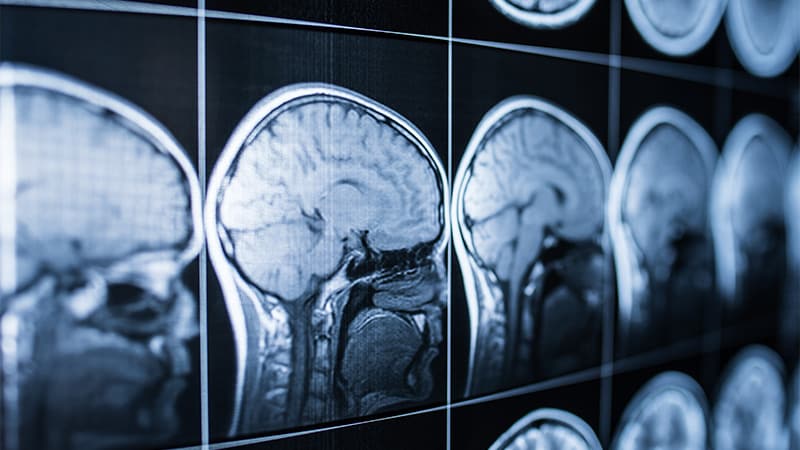


Given the known association between exposure to air pollution and neurodevelopmental disorders involving changes in neurogenesis and brain structure, a recent study published in JAMA Network...



Two University of Oklahoma researchers have been awarded more than $2 million in grants from the Hevolution Foundation to further their studies on age-related cognitive impairment,...



In a recent study published in Nature Mental Health, researchers investigated whether prenatal cannabis exposure (PCE) is related to variations in brain development, which may partially...



In 2010, Brazilian epidemiologist Dr Carlos Monteiro, scientific coordinator of the Nutritional Epidemiology Research Center at the University of São Paulo in Brazil, gained global recognition...



HELSINKI, Finland — The pros and cons of early vs late initiation of a direct oral anticoagulant (OAC) after acute ischemic stroke in the setting of...



In a recent study published in the journal Translational Psychiatry, researchers investigated the impacts of full-night-, early-night deprivation-, and late-night deprivation sleep on whole-brain connectivity. They...



Episodic memory and mental time travel have been viewed as uniquely human traits. This view began to shift with the development of behavioral criteria to assess...



Addiction is not simply a chronic brain disease and considering it as such can limit treatment options and increase stigma, an extensive research review suggests. After...



Researchers have identified a form of B12 deficiency caused by autoantibodies that specifically affects the central nervous system. Discovered while studying a puzzling case of one...



In a recent study published in Immunology, researchers investigated populations of regulatory T cells (Treg), a type of white blood cell, in various tissues. Study: The...



Cannabidiol (CBD), one of the active ingredients in cannabis, is thought to be safe as it does not cause a “high”. Increasing numbers of pregnant women...



Brain imaging combined with artificial intelligence has identified six distinct “biotypes” of depression and anxiety that may lead to more personalized and effective treatment. This research...